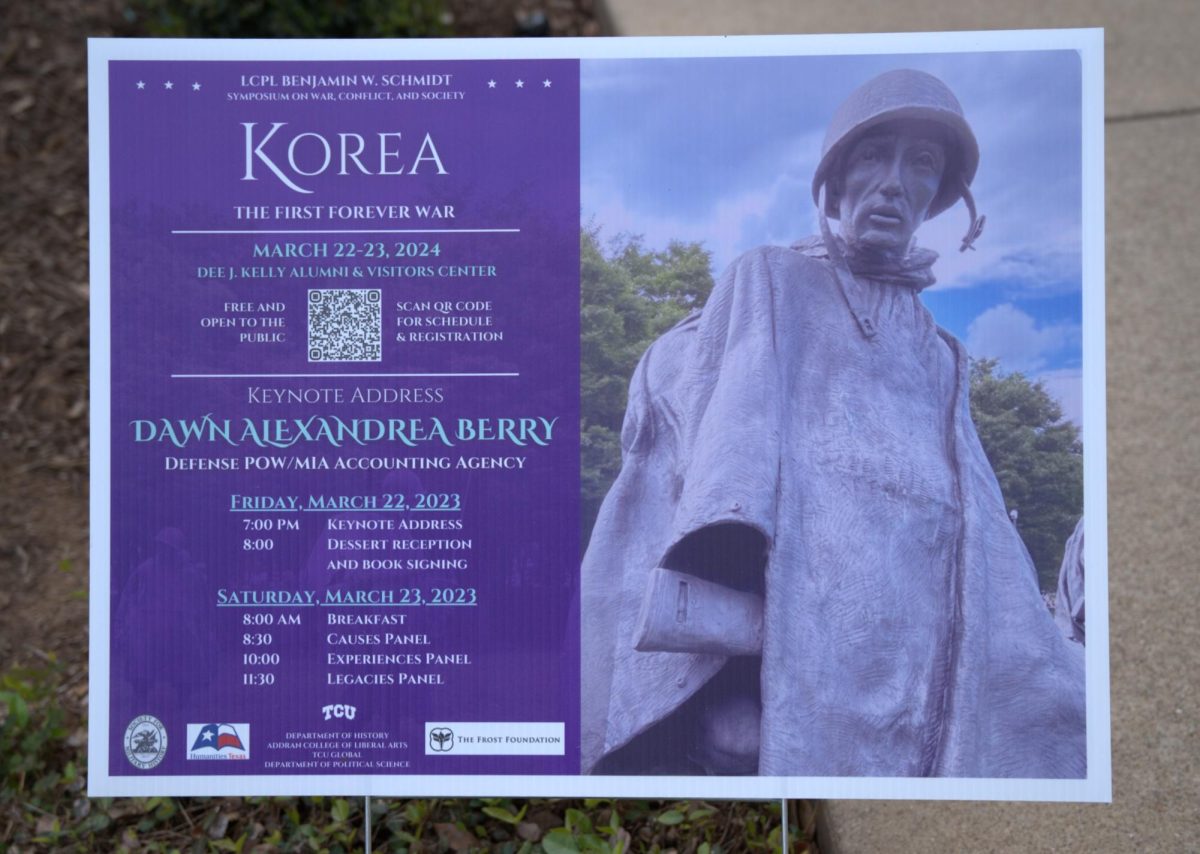While taking a needed nap, my phone dropped off my bed. When I woke up, I looked for my phone. I had to have my phone.
I finally saw it on the floor by my bed and as I reached for it, I chuckled at what I was thinking about. That’s when I realized what needed to be called to our attention; not only mine, but every student on campus.
First, let me state that I had to do a lot of observation on campus.
I started my research by taking note of how many students in the quiet section at the library had their phones on the table next to them while they were studying. Out of 42 students, I counted 34 mobile phones in plain sight. I continued to observe. In the next half hour, 19 students either received a call, a text message or began texting another person. A few took their phones and left the library. I assumed they were going outside to use their phone.
It wasn’t long before I realized that texting took about 10 to 15 minutes away from the student’s study time. I also noticed that one student wanted to share with her friend what her incoming text message read. So she interrupted her friend, who was studying, to laugh about her incoming text.
My next observation was listening for phones during class. About 10 minutes into class one day last week, a song began to blare like a brass band echoing through Sid Richardson Lecture Hall 3. Of course, the student tried to find his phone as soon as he could to turn it off or put it on silent. The professor was not amused and reminded us all to turn our phones off before class.
I was finished with my observations until I watched a woman greet someone who was on his or her phone between classes – her friend did not even notice. I watched another woman who received a bad text message that made her cry right before class, and then I saw students being ignored while friends texted someone else during a conversation.
I wanted to try an experiment. I decided to leave my phone at home and study a solid four hours at the library. Surprisingly, I was actually able to leave my apartment, walk to the library, get my coffee, walk to the quiet section and sit down without ever having to deal with my mobile phone. Of course I was uncomfortable, but I got more studying done in those four hours than ever.
Make your phone calls before you study or go to class. Try texting your friends to inform them you will not be available during certain times of the day. This may include family members who are out of town. Not only will you feel better about how much you learned, you will feel less stress. Personally, I notice that I feel less pressure when my phone is not staring right at me.
I am not against mobile phones at all. We do need them in some circumstances, but sometimes making the smallest changes can have the biggest outcome. Try it today.
Kristin Price is a junior strategic communication major from Fort Worth.




